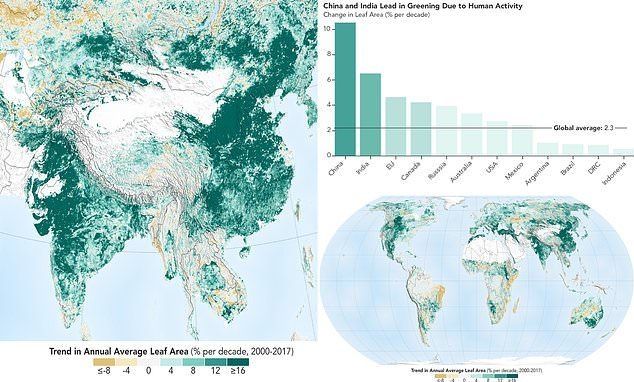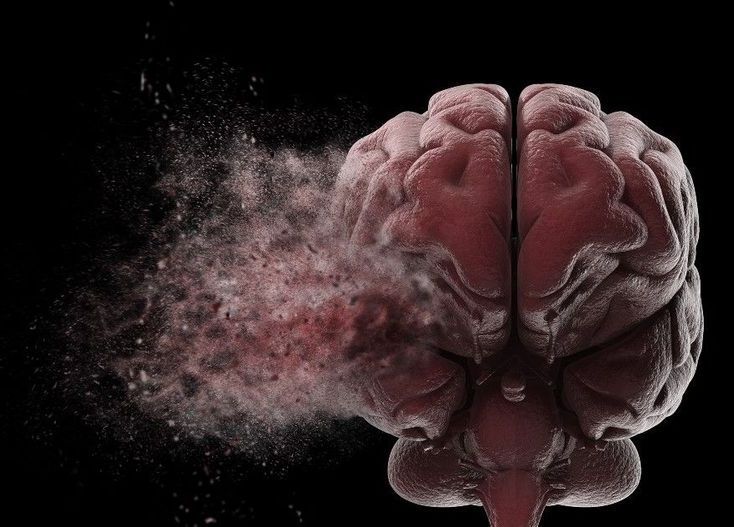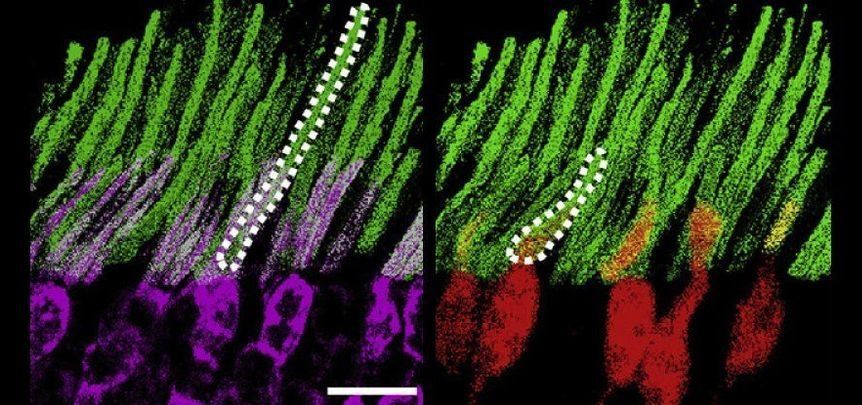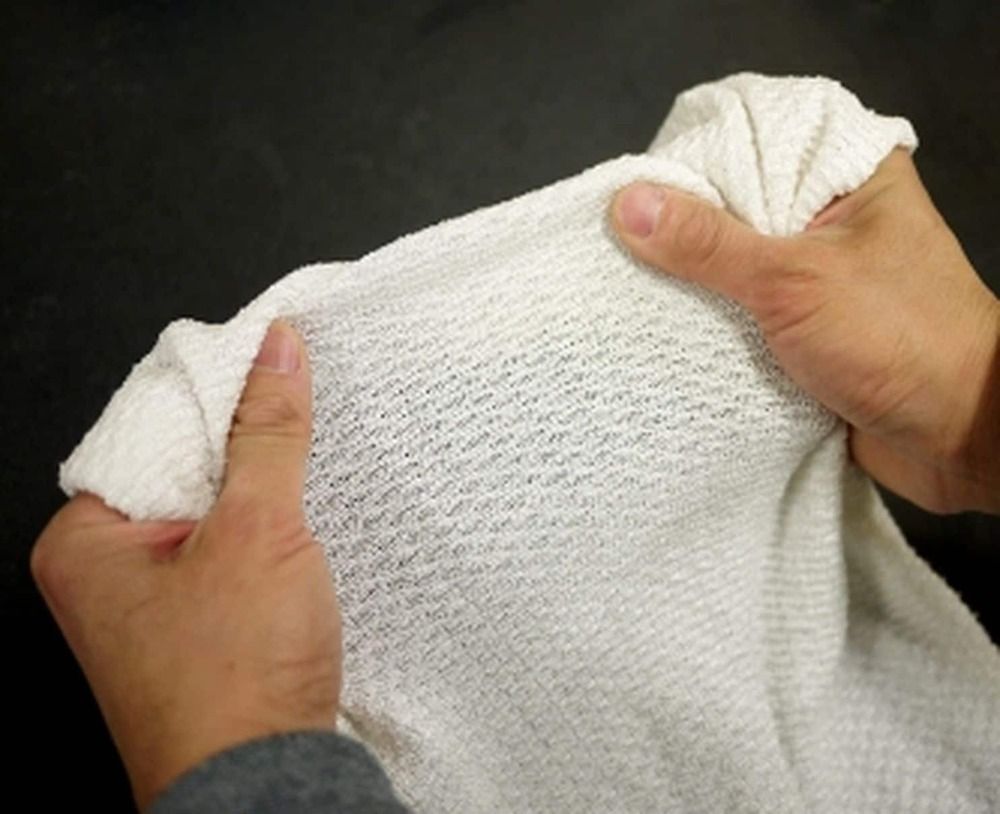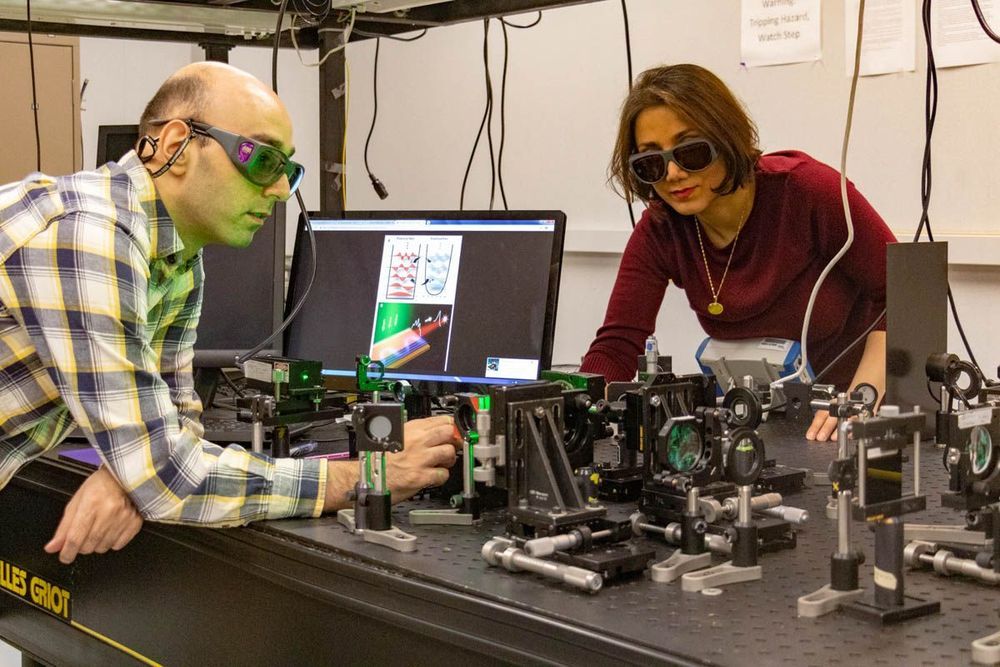Page 9041
Mar 1, 2019
The Brain That Remade Itself
Posted by Genevieve Klien in categories: biotech/medical, neuroscience
Doctors removed one-sixth of this child’s brain — and what was left did something incredible.
Mar 1, 2019
A 30-million page library is heading to the moon to help preserve human civilization
Posted by Michael Lance in category: space travel
Mar 1, 2019
Scientists Just Took a Major Step Towards Injecting Eyes With Night Vision
Posted by Shane Hinshaw in categories: nanotechnology, particle physics
How badly do we want this?
An incredible new nanotechnology could one day enable us to see in the dark. It works on mice, and there’s little to say it wouldn’t be equally effective on other mammals. The only drawback — how are you with needles to the eyeball?
Research led by the University of Science and Technology of China produced particles that adhere to light-detecting cells in the retina and help them respond to near-infrared (NIR) wavelengths.
Continue reading “Scientists Just Took a Major Step Towards Injecting Eyes With Night Vision” »
Mar 1, 2019
How Estonia blazed a trail in science
Posted by Derick Lee in categories: education, science
Still, Estonia’s research prowess is an example of how quickly a small country can turn its scientific fortunes around with international support and well-designed domestic policies — and its success has drawn attention from other nations looking to build their scientific capacity. Latvia, for instance, borders Estonia and joined the EU at the same time. “We started from a very similar position,” says Dmitrijs Stepanovs, Latvia’s deputy state secretary and director of the higher-education and science ministry, but “now we are far behind and must try to catch up.”
A small nation found strength in research after joining the European Union.
Mar 1, 2019
Chinese Companies Are Gaining Traction Globally, Just Not Where You Think
Posted by Klaus Baldauf in category: futurism
Whether Chinese will take over the world is missing the point: If you want to follow future trends, look at what Chinese companies are doing in the developing world. And with the U.S. waging a trade war, it’s even more important to look at China’s activity outside mature markets.
Feb 28, 2019
U-Md. researchers develop smart fabric that automatically warms or cools you off
Posted by James Christian Smith in category: habitats
If you’re sweating on a hot summer day, for example, the fabric allows heat to escape. But when the outside temperature is cooler and the air drier, and your body gets cooler, the fabric becomes more compact, retaining heat from the wearer’s body, researchers say. The researcher’s paper, “Dynamic gating of infrared radiation in a textile,” was published in the journal Science.
If you work in a large office building, there’s a decent chance you tailor your attire to two separate weather forecasts.
There’s the outdoor weather, an evolving state of dynamic atmospheric conditions dictated by seasonal patterns. Then there’s the indoor weather, an evolving state of arbitrary conditions dictated by an all-powerful being known as the building manager, an individual whose atmospheric whims unleash equal amounts of cursing and praise.
Feb 28, 2019
Researchers develop fire-retardant coating featuring renewable materials
Posted by James Christian Smith in category: materials
Texas A&M University researchers are developing a new kind of flame-retardant coating using renewable, nontoxic materials readily found in nature, which could provide even more effective fire protection for several widely used materials.
Feb 28, 2019
ToRPEDO Privacy Attack on 4G/5G Networks Affects All U.S. Carriers
Posted by James Christian Smith in categories: energy, internet, military
The attack threatens users with location-tracking, DoS, fake notifications and more.
Privacy-breaking flaws in the 4G and 5G mobile protocols could allow attackers to intercept calls, send fake amber alerts or other notifications, track location and more, according to a research team from Purdue University and the University of Iowa.
In a paper presented at Mobile World Congress in Barcelona this week, the researchers explained that the issues arise from weaknesses in the cellular paging (broadcast) protocol. They started with the fact that when a mobile device is in its idle, low-power state, it will conserve battery life partly by polling for pending services only periodically.
Feb 28, 2019
UCF Researchers Develop First Supersymmetric Laser Array
Posted by James Christian Smith in category: biotech/medical
A team of University of Central Florida researchers has overcome a long-standing problem in laser science, and the findings could have applications in surgery, drilling and 3D laser mapping.
Using the principle of supersymmetry, they have developed the first supersymmetric laser array. Their findings were published recently in the journal Science.
Supersymmetry is a conjecture in physics that says every particle of matter, such as an electron, has one or more superpartners that is the same except for a precise difference in their momentum.
Continue reading “UCF Researchers Develop First Supersymmetric Laser Array” »
